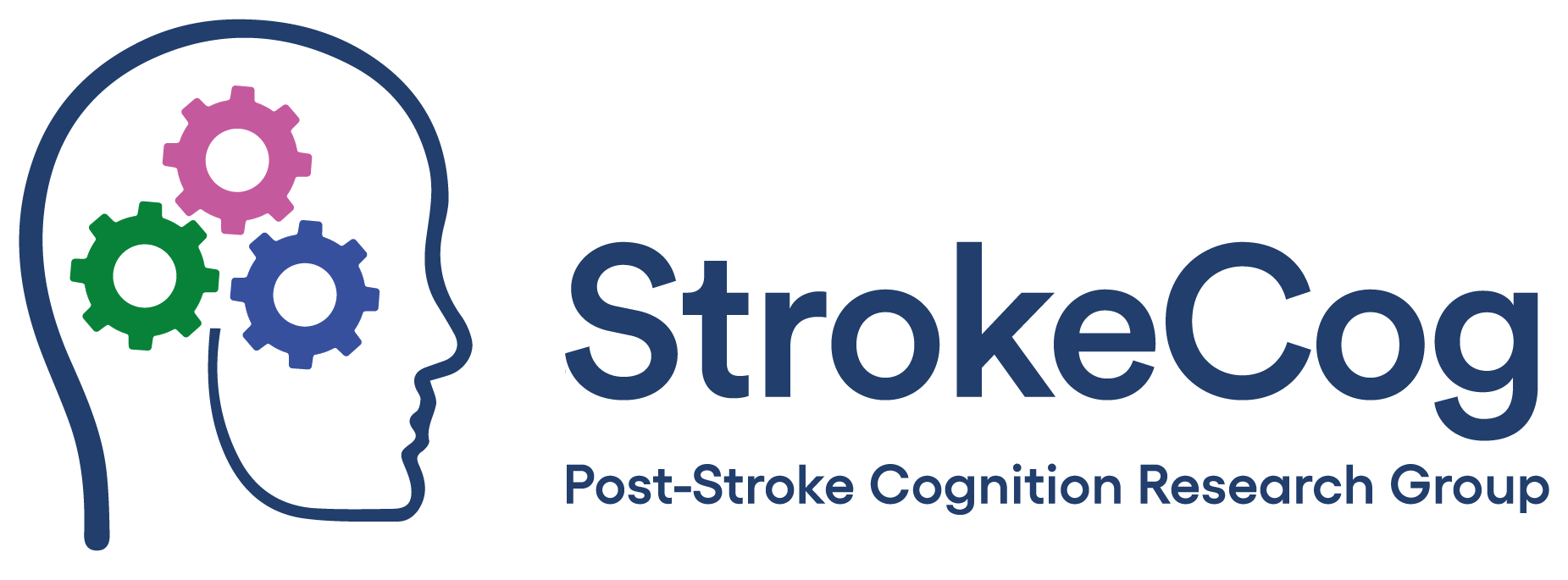StrokeCog
The StrokeCog study, involves modelling and modifying the consequences of stroke-related cognitive impairment through an intervention.
Stroke is a leading cause of death and disability worldwide. This will increase considerably in coming decades as people live longer. Many are aware of the physical disabilities after stroke but are less aware of the cognitive problems that can arise. These can include impaired memory and concentration. Often, stroke survivors can find these problems the most debilitating consequences.
Cognitive impairment
Cognitive impairment after stroke is an under-researched topic internationally and is a critical area to better understand. While cognitive impairment after stroke is frequently mild or moderate, one in ten people can develop dementia after their first stroke, and more than one in three people who have a recurrent stroke may develop dementia.
Rehabilitation
Rehabilitation of cognitive difficulties has received very little attention compared with physical rehabilitation. The StrokeCog study aims to address the lack of research in this area.
The Work Packages
The StrokeCog study, led by Professor Anne Hickey at RCSI in partnership with colleagues in Beaumont Hospital and the Economic and Social Research Institute (ESRI), involves modelling and modifying the consequences of stroke-related cognitive impairment through an intervention.
Read more about each of the work packages below.

Epidemiological modelling
Building an innovative epidemiological model that tracks post-stroke cognitive impairment progression over time, enabling evaluation of the effects of cognitive rehabilitation post-stroke.

Intervention Development
Developing and testing a post-stroke cognitive intervention in a pilot randomised controlled trial. Developing and testing a post-stroke cognitive intervention in a pilot randomised controlled trial.

Economic Modelling
Costing post-stroke cognitive impairment and the continuum to dementia, and conducting an evaluation of the potential cost-effectiveness of hypothetical interventions to reduce post-stroke cognitive impairment.Costing post-stroke cognitive impairment and the continuum to dementia, and conducting an evaluation of the potential cost-effectiveness of hypothetical interventions to reduce post-stroke cognitive impairment.
